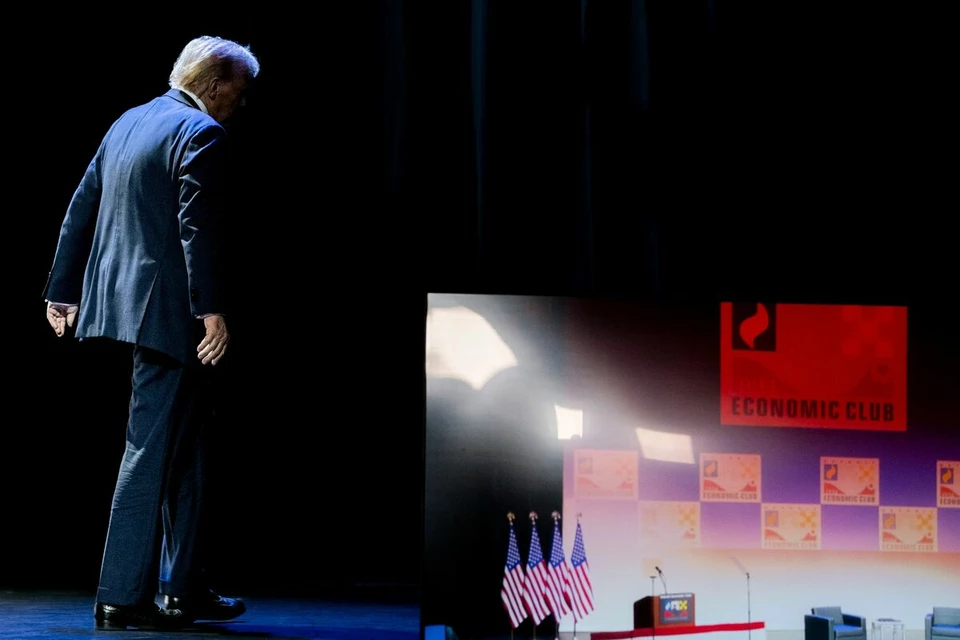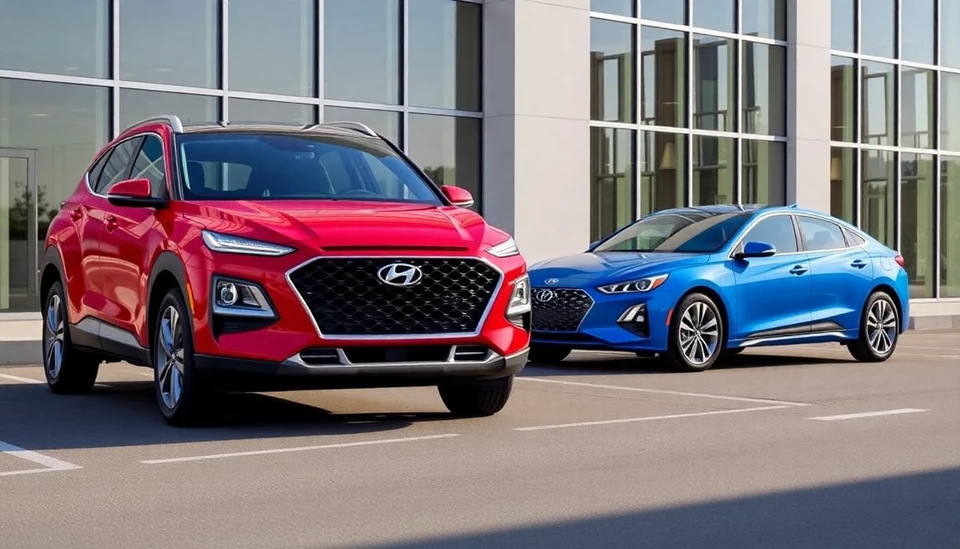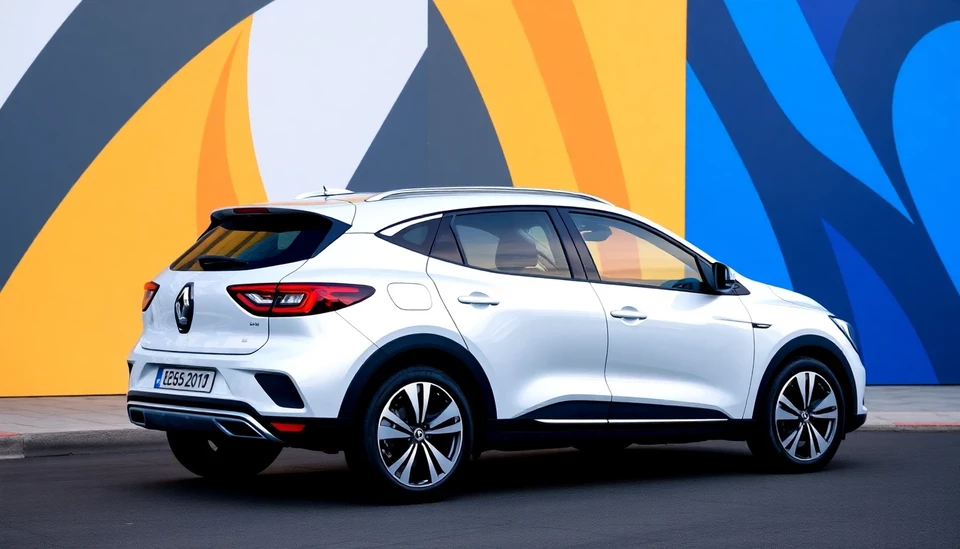
The automotive landscape is set for transformative shifts as former President Donald Trump is laying out a bold vision for electric and autonomous vehicles alongside policies impacting imported cars. As the 2024 election approaches, the implications of these policies are crucial for manufacturers and consumers alike. The focus on American-made vehicles, backed by significant governmental incentives, aims to reshape the market dynamics significantly.
Under Trump's potential leadership, the United States could see a substantial push towards electric vehicles (EVs), fueled by a strategic national framework that promotes domestic manufacturing. His administration’s emphasis on rejuvenating American manufacturing jobs intertwines with a broader goal of reducing reliance on foreign supply chains. This economic strategy could spur advancements in EV technology, potentially leading to a boom in domestic production facilities tailored to meet increasing consumer demand for cleaner transportation options.
Notably, the plan also encompasses autonomous driving technology, a burgeoning field that has captured the attention of consumers and investors alike. Trump seems poised to bolster regulations that can accelerate testing and deployment of autonomous vehicles, which could improve road safety and ease traffic congestion. However, this proactive regulatory environment will need to balance innovation with addressing potential risks associated with autonomous technology.
Moreover, Trump's administration may infuse fresh ideas into the debate surrounding imported vehicles. While advocating for American-made products, he may assess the tariff and trade policies that govern foreign automakers, impacting market prices and consumer choices significantly. Should tariffs on imported vehicles remain stringent, domestic manufacturers could gain a competitive edge, yet this could also stir discontent among import-driven consumers by driving up prices for popular foreign models.
Industry experts are keenly observing how these proposals will unfold, particularly as they translate into concrete policies. The interplay between Trump’s vision and the automotive sector’s adaptability will be critical in determining whether the U.S. can reclaim its status as a leading force in automotive innovation amid fierce global competition.
As the automotive industry stands at this crossroads, the direction outlined by Trump could lead to a significant redefinition of the market, enticing new players to join and potentially uplifting existing manufacturers. How this vision translates into action will likely emerge as a pivotal theme in the lead-up to the upcoming elections.
As the automotive sector braces for change, consumers and stakeholders are urged to pay close attention to the implications of these policies. Enhanced domestic production, innovation in EV technology, and a careful approach to imports will shape not just the future of car manufacturing in the United States, but also the dynamics of consumer choices in the evolving transport landscape.
In conclusion, with Trump's renewed focus on electric and autonomous vehicles, accompanied by a critical look at imported car policies, the future of the automotive industry could be poised for significant change, making the upcoming election period one of vital importance for all involved.
#electric #vehicles #autonomous #vehicles #Trump #automotive #industry #imports #EV #autonomous #Trump2024 #carindustry #USmanufacturing
Author: Samuel Brooks




